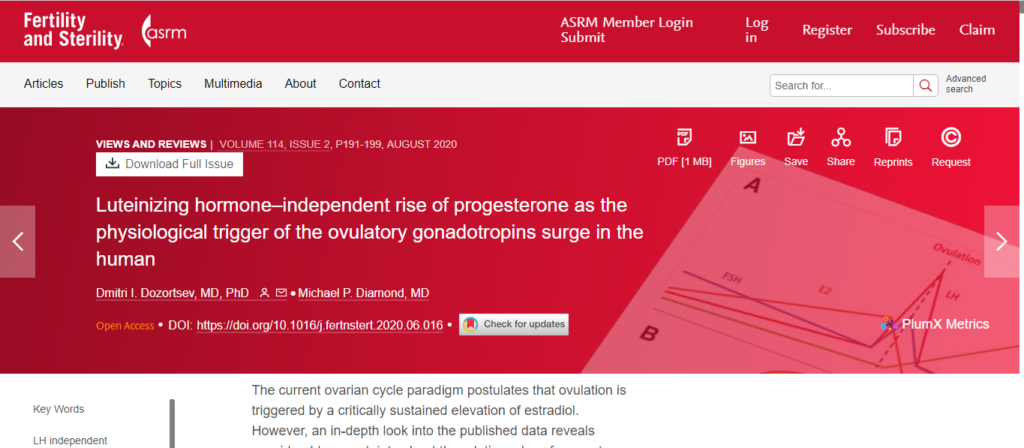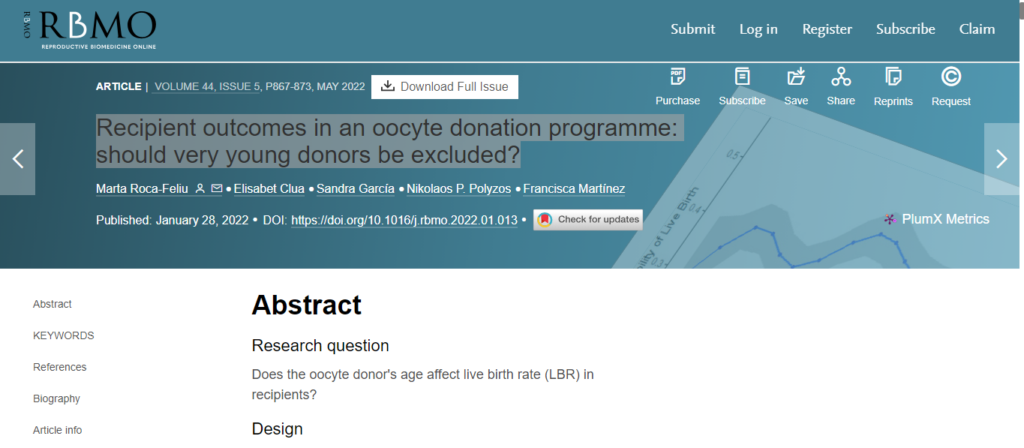PCOS can be difficult to definitively diagnose, making it important for patients who believe they may have the condition to actively seek out treatment.
Polycystic ovary syndrome (PCOS) is a hormonal disorder that’s surprisingly common among women of reproductive age. The condition affects an estimated one in 10 women of childbearing age. Despite these numbers, PCOS remains mysterious — an exact cause for the condition isn’t known, and it can be difficult to identify and diagnose.
Generally speaking, PCOS causes the ovaries to produce an abnormal amount of male sex hormones called androgens, which are typically present in women only in very small amounts. The presence of these extra hormones can cause small cysts to form all over the ovaries. That said, some women with PCOS don’t develop cysts, and PCOS is far from the only cause of ovarian cysts.
Unfortunately, PCOS can also result in infertility. Excess androgen can prevent the body from producing sufficient female hormones, hindering ovulation and disrupting the menstrual cycle. For women with PCOS, treating the condition may be the first step toward getting pregnant and starting a family.
Recognizing the Signs of PCOS
PCOS is often difficult to identify, as there is no single test that can definitively diagnose the condition. For that reason, it’s important for patients to be aware of its signs and symptoms. The first and typically most noticeable sign of PCOS is infrequent or especially light periods, which can contribute to infertility and ineffective ovulation.
Other symptoms that patients with PCOS may notice include excess body hair, weight gain around the stomach, oily skin, thinning hair on the head, or skin tags on the neck or armpits. Any of these symptoms, particularly in combination with missed periods, may be a sign of PCOS.
If you’re concerned you may be living with PCOS, your doctor will likely begin by checking for ovarian cysts and excess androgens with an ultrasound and a blood test. Elevated androgen levels in combination with ovarian cysts are one of the most telling signs of PCOS.
Identifying PCOS is vital not only because the condition causes infertility, but also because it can lead to a number of serious complications including type 2 diabetes, severe liver inflammation, uterine bleeding, and endometrial cancer.
How PCOS is Treated
If you’re diagnosed with PCOS, there is no one medication that can treat the condition. Instead, your doctor will likely place you on a treatment plan that includes a combination of medications and lifestyle changes. For example, because weight loss has been shown to improve PCOS, your doctor is likely to recommend a low-calorie diet and moderate exercise.
Depending on whether or not you’re trying to become pregnant, your doctor may also recommend a different combination of medications. Typically, you’ll be prescribed one medication to help regulate your menstrual cycle, another to help you ovulate, and another optional prescription to curb excessive body hair growth.
If you suspect that you may have PCOS and wish to be diagnosed by a professional, reach out to Advanced Fertility Center of Texas. Our experienced fertility specialists place an emphasis on identifying and addressing the underlying cause of your infertility. Take the first step toward starting the family of your dreams and make an appointment today.



